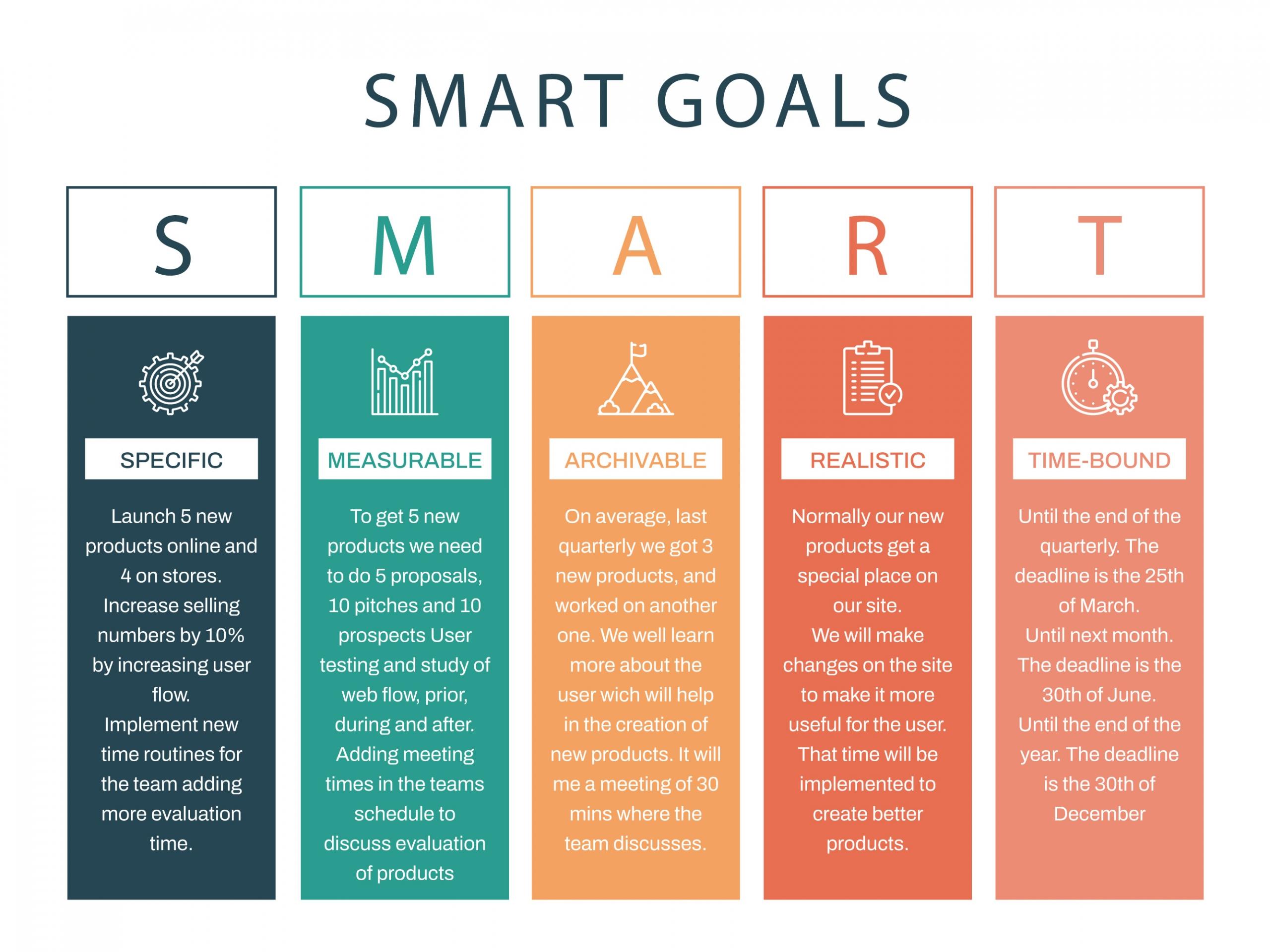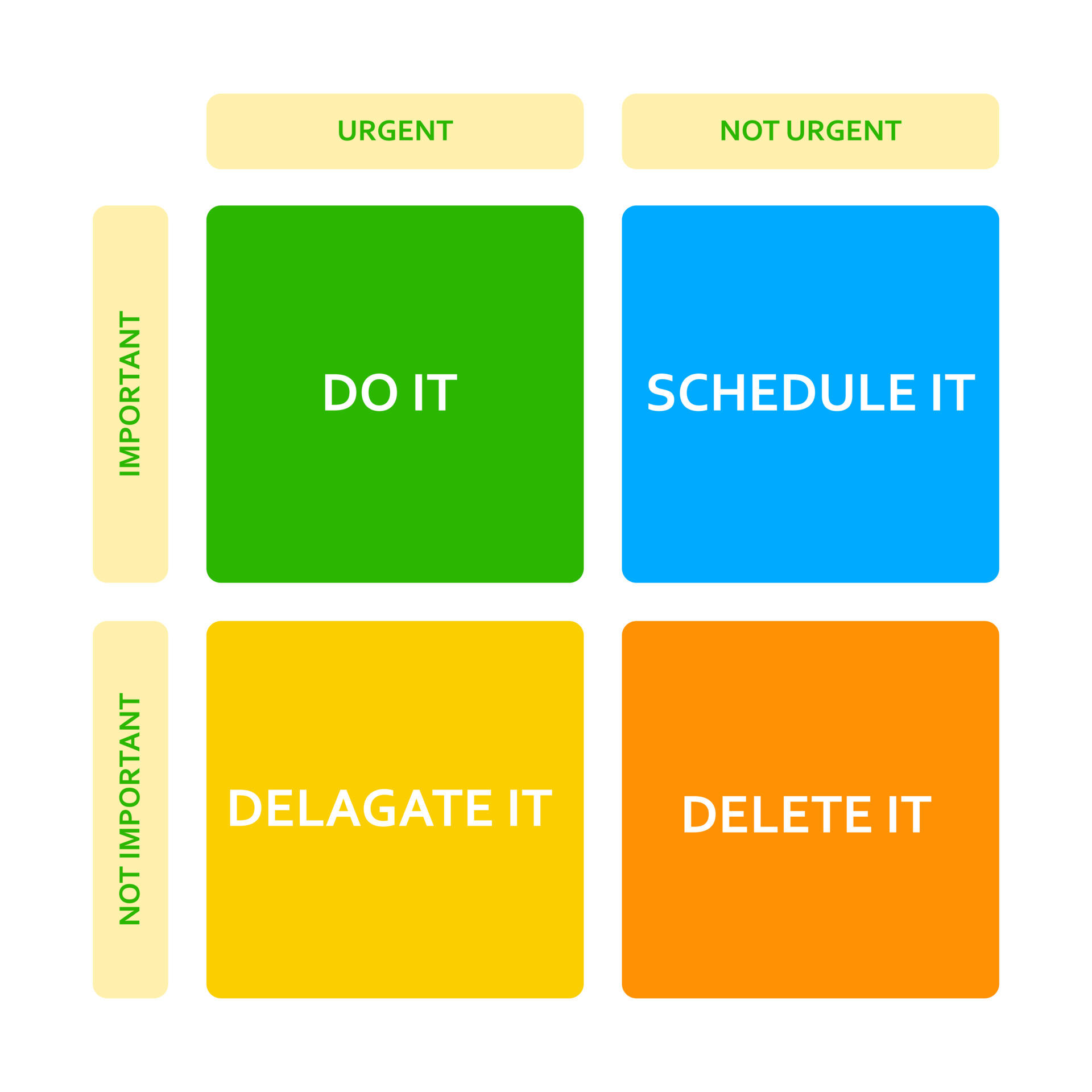Procrastination: everyone experiences it once in a while, but when it starts happening regularly, it quickly becomes a huge problem.
Do you find yourself procrastinating from studying or constantly feeling overwhelmed by deadlines and too much to do? You may need to strengthen your time management skills.
Everyone suffers from procrastination at some point in their life. For students especially, procrastination can cause a lot of damage to your grades, your self-esteem, your mental health, and even your physical health.
How can you overcome procrastination as a student studying for your examinations?
Read on to find out why procrastination grips so many people and how to start managing your time more effectively.

Importance of Time Management in Student Life
Time management is a crucial skill for students to master, as it plays a pivotal role in academic success and overall well-being. At some point in our lives, we all want to ensure that our work is done on time. This is possible only if we manage time efficiently.
Developing your time management skills at a younger age, as a student, is extremely beneficial because you will use time management techniques for everything you do for the rest of your life. From managing work to personal activities, time management is one of the most important and most-used skills out there.
If you are stuck in a loop where you always feel like you're being crushed by deadlines, it is quite possible that your time management skills need to be improved.
Effective time management allows students to make the most of their limited hours, meet deadlines, reduce stress, and maintain a healthy balance between their studies, personal life, and extracurricular activities.
What are some of the skills involved with time management?
Prioritization
One of the key aspects of time management is the ability to prioritize tasks. Students should identify their most important and urgent tasks and allocate their time accordingly. This can be achieved by creating a to-do list and categorizing tasks based on their priority levels.
Setting Realistic And Achievable Goals
Setting achievable goals is essential for effective time management. Once you know your objectives, prioritize them and categorize them into goals that you can tick off your to-do list.
Students should set realistic goals for themselves, considering their academic workload, extracurricular commitments, and personal needs.
Breaking down larger goals into smaller, manageable steps makes them less daunting and easier to accomplish.
Avoiding Procrastination
Procrastination is one of the biggest enemies of effective time management. Students should recognize their tendency to procrastinate and develop strategies to overcome it. This may involve setting deadlines for themselves, breaking down tasks into smaller steps, and rewarding themselves for completing tasks on time.
Minimizing Social Media Distractions
In today's digital age, social media distractions are abundant. Trying to limit your social media and internet usage can be useful for you to focus on the tasks and objectives.
Seeking Assistance
If students find themselves struggling with time management, they should seek help from academic support services, such as tutoring centres or time management workshops.
Ask for advice, watch videos on how to create a perfect planner, understand your distractions, and try to limit them.
Most of us unfortunately never receive any education or help about time management and overcoming procrastination. If your university has a student success centre, utilise it!

Free Time Management Tools
There are thousands of websites and apps out there intended to help students and workers organise their thoughts, tasks, and priorities to help ward off problems like procrastination.
Not every tool will work for every person, so you might need to try out a few different apps or sites before you find one that works for you.
Trello
Trello is intended to help teams work together and keep track of group work, but you can also use it for just yourself.
Since it’s cloud-based, you can access it on any device with the internet, which is great for transitioning between your phone and your desktop.
You can create boards and add cards with tons of different information attached to them, like notes, URLs, and images.
Available On - Desktop, Mac IOS, Google Play Store, And Microsoft Store
Todoist
This popular task management app is also good for individuals and teams, so it can be great for group projects in class.
This app is also available across platforms, so you can use it wherever you want!
It acts like your typical to-do list, but easily adds features to your entries, like recurring events and priority levels.
Available On - Desktop, Mac IOS, Google Play Store, And Microsoft Store
Notion
Notion is a site rather than an application, although it also has an app.
It takes some messing around, watching tutorials, and a little bit of web design savvy to fully understand and enjoy, but once you do it’s a real game-changer!
You essentially build custom webpages that are fully responsive and have tons of capabilities to suit your individual needs. You can start with templates straight from Notion, or find free or paid ones from other creators.
It takes getting used to, but if you master Notion you can use it for so many things besides time management! It can be used for teams (paid after a certain amount of storage is utilised) or individuals (free).
Available On - Desktop, Mac IOS, Google Play Store, And Microsoft Store
Asana
Another tool meant for teams, Asana can easily be used to manage many aspects of your life.
Organize your life into “projects,” and from there you can create tasks designed to specifically accomplish the goal.
Tasks can hold tons of information like lists, URLs, and images so you have everything you need in one place and you can edit the information as you get more.
Even though it's targeted at teams in a company, you can always modify how you use Asana to suit your specific needs.
Available on - Desktop, Mac IOS, Google Play Store, And Microsoft Store
There are tons of other apps out there for you to try, but you can try these out first if you’re not sure where to start!
Time Management Techniques
The biggest question for most students is: How can I reduce procrastination?
The answer is relatively simple. There are many scientifically proven time management techniques you can find over the internet. Every technique depends on your objectives and how you choose to utilize them.
Here are some of the most searched time management techniques in 2023.
Pomodoro Technique
The Pomodoro Technique is a time management method developed by Francesco Cirillo, in the late 1980s.
What is the objective of the Pomodoro Technique? The technique is designed to improve focus and productivity by breaking work into intervals, traditionally 25 minutes, separated by short breaks, traditionally 5 minutes. With frequent short breaks, you get to give your mind a rest and dedicate your next ¨Pom¨ to either the same or a different task/set of tasks.
The name "Pomodoro" comes from the Italian word for tomato; Cirillo used a tomato-shaped kitchen timer to track these intervals when he initially developed the technique.
Here's how the Pomodoro technique typically works:
- Choose a task to work on.
- Set a timer for 25 minutes (a Pomodoro interval or ¨Pom¨).
- Work on the task until the timer rings.
- Take a short break (usually around 5 minutes).
- After completing four Pomodoro intervals, take a longer break (usually 15-30 minutes).
Many people find the Pomodoro Technique helpful for managing distractions and increasing productivity. There are various apps and timers available to assist in implementing this technique, making it accessible for different preferences and work styles.
80/20 Rule (Pareto Principle)
The basic idea of the Pareto Principle is that 80% of output comes from 20% of input.
This means that out of everything you do, only 20% of it will amount to anything, and of everything that gets done, a whopping 80% of it will come from a small amount of the things you do.
It can be a little tricky to wrap your head around at first, but what does it mean for time management?
The theory states that the average person likely gets 80% of their work done in 20% of their working day. Many people experience a burst of energy, inspiration, and/or focus at some point in the day, and this is when they do most of the work for the day.
The issue is that the work done during this time is not always important.
Next time you feel yourself in a focused state where you are getting a lot of stuff done, take a moment to note how important and impactful the work you are doing is.
In this state, are you organizing your computer’s icons and emptying your email inbox? While not entirely useless actions, they aren’t the ones that will get your project done.
Shift your focus so that the next time you enter this state, you can get the important tasks done. Remember: this 20% of your day can add up to the majority of your work getting accomplished!
Time Blocking
This time-management strategy means you break up your day into blocks of time, and in those blocks, you focus on a specific type of task.
It doesn’t mean that you should schedule every single task you have; that would take way too much time, look way too overwhelming on a calendar, and you would lose motivation as soon as one task takes longer than the scheduled time.
Instead, you schedule a chunk of your day to something like “Research” or “Organising Emails” and work on that type of task for as long as you have committed to your schedule. Then, you move on to the next type of activity you need to do for the day.


SMART Goals
Help yourself more effectively strive towards goals when you set better goals to begin with. You’ve probably heard of SMART goals before, so here is a quick overview:
Specific
Measurable
Achievable
Relevant
Time-bound
Implement SMART goals in tandem with other productivity and time-management techniques to work smarter instead of harder.
The Eisenhower Matrix
This 4-quadrant chart helps you decide how important the tasks you have on your plate actually are. It effectively puts your tasks into 4 lists with actions assigned to each list:
- Urgent and Important = Do
- Urgent and Not Important = Delegate
- Not Urgent and Important = Schedule
- Not Urgent and Not Important = Delete
With this matrix, you can more easily see the real prioritization of all your to-do list items.
How to Overcome Procrastination - Ted Talks That Will Change Your Life
Ted Talks are always a great way to learn something new, and every once in a while, there is an absolutely amazing one created that resonates with everyone who listens to it.
Here are some of those talks.
Tim Urban
Key takeaways From Tim Urban’s Ted Talk
- Instead of seeing procrastination as a weakness and laziness, recognize that it is a complex interplay of psychological factors, including fear, perfectionism, and impulsivity.
- Procrastination can lead to missed opportunities, increased stress, and diminished self-esteem. However, Urban also emphasizes that procrastination is not an insurmountable obstacle and that it can be overcome with the right strategies.
- One can tackle procrastination by setting realistic goals, breaking down large tasks into smaller, manageable steps, and creating a sense of urgency.
- Students must not forget the importance of self-compassion and forgiveness, as well as the need to address the underlying causes of procrastination, such as fear or perfectionism.
Ted-Ed
Key takeaways From this Ted-Ed Video
- Procrastination is not simply a matter of laziness or lack of willpower. Rather, it is a complex interplay of emotional, cognitive, and motivational factors. Procrastination often stems from a desire to avoid negative emotions associated with the task at hand, such as anxiety, boredom, or self-doubt.
- A task can evoke a fight, flight, or freeze response, leading to avoidance and procrastination.
- Similar To Tim Urban’s video on procrastination, the Ted Talk emphasizes the importance of self-compassion and understanding the underlying reasons for procrastination rather than resorting to self-blame.
Take these time management techniques with you and try them out in your life. Remember to use techniques that work for you and modify them as needed so you can make the best use of your time!
Résumer avec l'IA :











